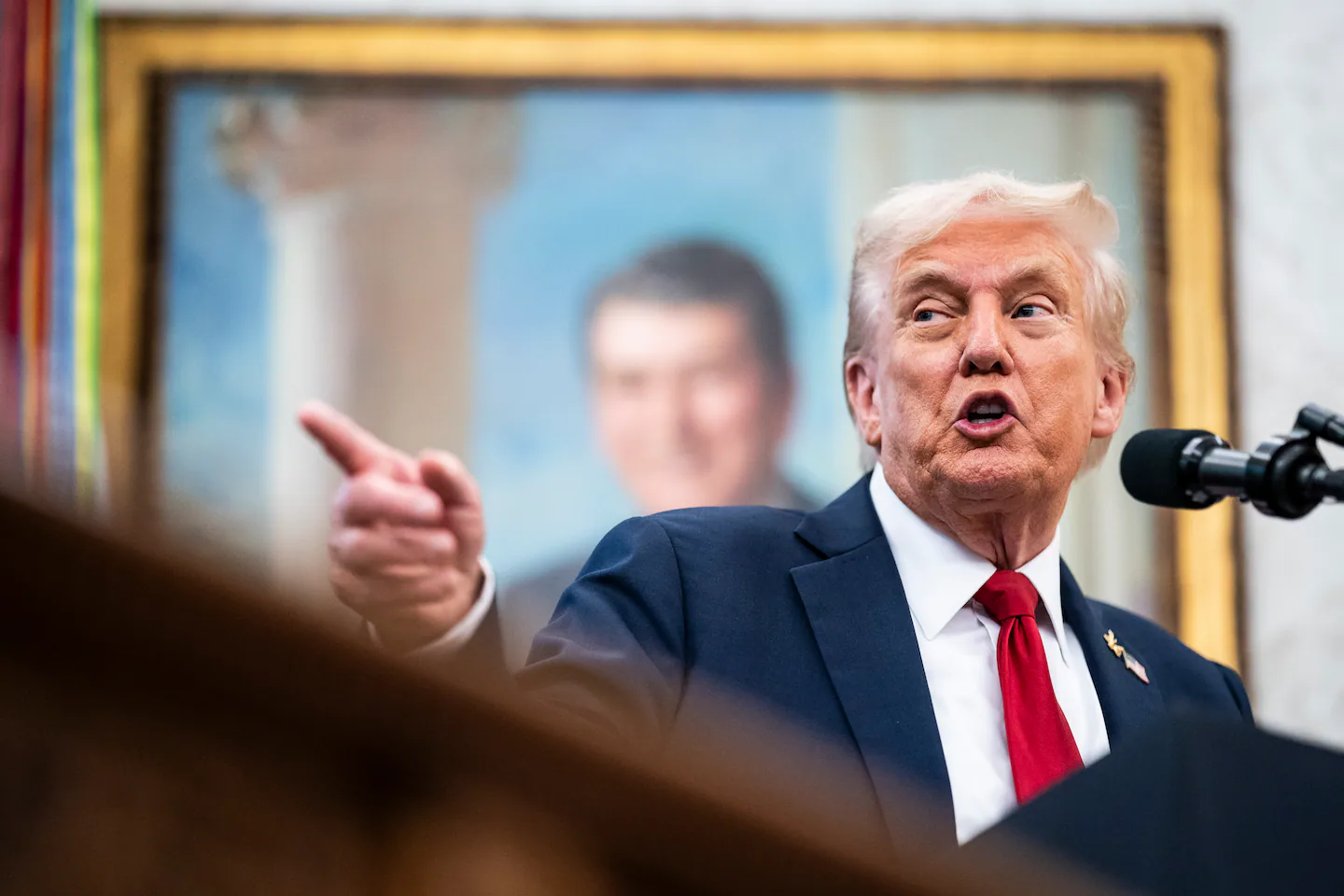Copyright The Boston Globe

“The so-called fat drug or fat shot, whatever it’s called, Ozempic or Mounjaro, in London you get it for $88. In New York you get it for $1,200, you can’t even buy it,” Trump said on Fox News in February, previewing his drug-price plans. “It’s very unfair … I’m going to solve it one way or the other.” On Thursday he will have his way, announcing concessions from Eli Lilly and Novo Nordisk that would lower the price of some of the companies’ GLP-1 drugs for certain patients, according to four people who spoke on the condition of anonymity to preview the announcement. More details are expected to be released Thursday, with an announcement scheduled for 11 a.m. in the Oval Office. Trump has previously announced similar price-cut deals with Pfizer, AstraZeneca and EMD Serono. Under the terms of the deal, the companies would reduce the price of some of their GLP-1 drugs to $149 for a one-month supply, the people said, in exchange for some government health coverage and other potential benefits. Meanwhile, Medicare would begin to cover the drugs for some obese patients, and the companies could receive expedited reviews from the Food and Drug Administration that would speed up the process of bringing their drugs to market. The moves have been tentatively hailed by public health leaders and pharmaceutical experts, citing the demand for the drugs and their ability to reduce obesity and other chronic conditions, but some cautioned that the full impact of the arrangement would not be understood until the announcement. The deal is “going to affect every American,” Chris Klomp, who runs the Medicare program, said Wednesday at a Milken Institute event in Washington. He cited estimates that using GLP-1 drugs could lead to about $6,000 in per-patient quality-adjusted life years, a metric that’s invoked to measure the effectiveness of a treatment, given the drugs’ track record of reducing obesity, improving heart health and other benefits. “You multiply that across 10 million Medicare beneficiaries, for example, that’s $60 billion-plus a year, conservatively,” he said. Wall Street analysts on Tuesday questioned the deal as its outline emerged, noting that the companies already offer some discounts on GLP-1 drugs that carry list prices of $1,000 or more. Eli Lilly currently offers the starting dose of its Zepbound in vials for $349 a month directly to consumers and other doses for $500 a month. Novo Nordisk offers a direct-to-consumer price of $500 for Wegovy. Medicare coverage represents an enormous opportunity for the drugmakers, which until now have not been able to get reimbursement from the government program for weight-loss treatments. Medicare can cover Wegovy and Zepbound for other conditions, such as reducing cardiovascular risk and treating sleep apnea. Dave Moore, a Novo Nordisk executive vice president, told financial analysts Wednesday that the company has long pursued Medicare coverage for its obesity drugs and that “we do see this as a very important development for us,” according to a transcript compiled by S&P Global Market Intelligence. Trump has cited the GLP-1 drugs as his go-to example in his push to secure “Most Favored Nation” pricing deals with pharmaceutical manufacturers, an effort to link US drug prices to lower costs abroad. The Trump administration has also used Medicare’s innovation center, which designs payment pilots and can implement them without congressional approval, to pressure the drug industry into voluntarily lowering prices. Ahead of Thursday’s announcement, Medicare’s innovation center has been working on a new pilot program, tentatively dubbed “BALANCE,” that would cap the cost of the GLP-1 drugs for some beneficiaries, according to two people who spoke on the condition of anonymity to discuss the in-progress initiative. Despite his focus on GLP-1 drugs, Trump has repeatedly questioned their effectiveness. He has frequently invoked a friend - “a highly neurotic brilliant businessman, seriously overweight,” he said at the White House in May - who he maintains has not benefited from the drug. “His big problem is he’s seriously overweight, but I don’t think the drug worked, okay?” Trump told Fox News host Sean Hannity in May. Klomp, the Medicare official, also warned Wednesday that increasing access to obesity drugs should not be the solution to America’s public health challenges. “We should not become a nation addicted to GLP-1s,” he said.



